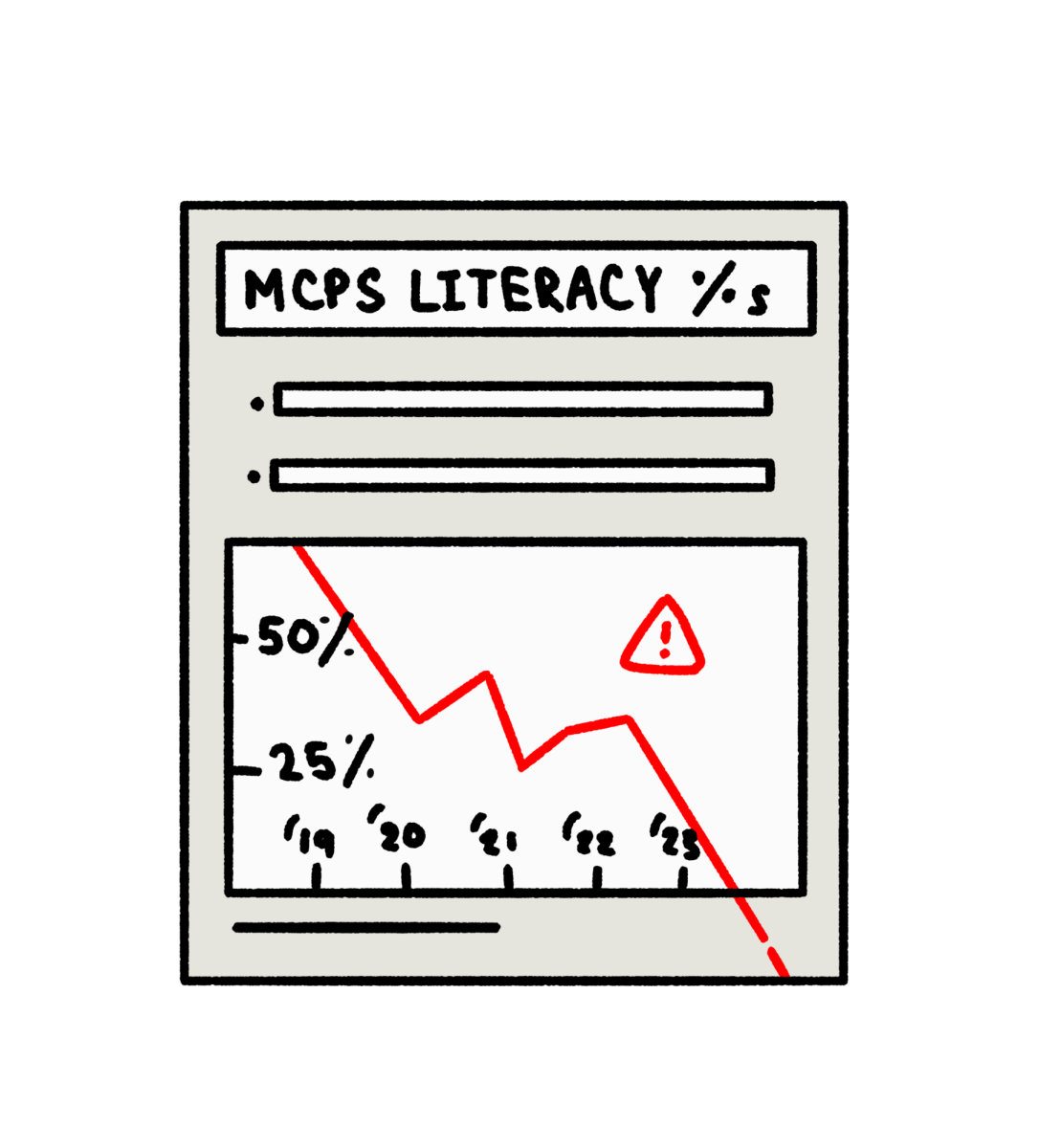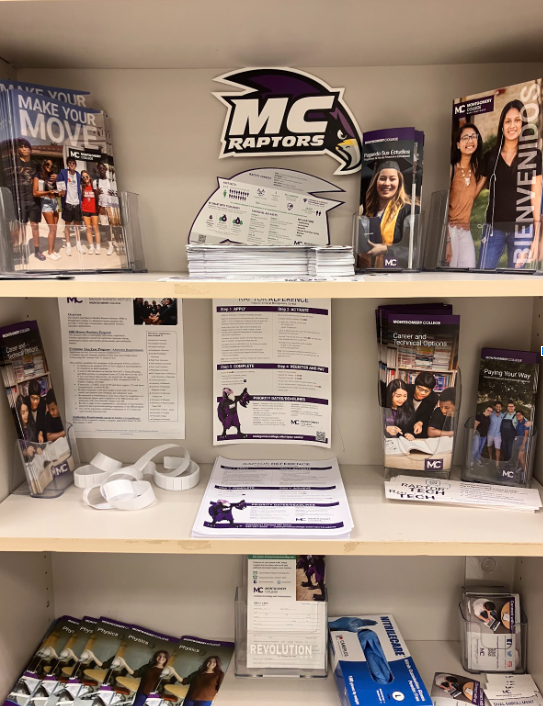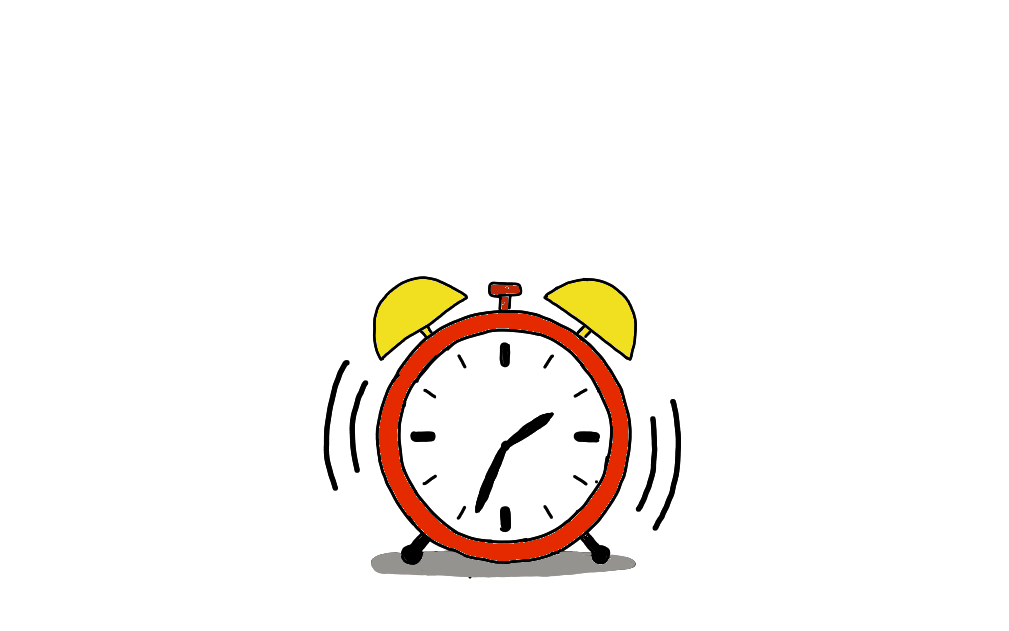In author Nick Bradley’s book, ”The Cat And The City,” wrote “who needs friends when you have books,” which is a phrase that can be easily modified to mold contemporary society as, “who needs books when you have a phone.”
Books and literature have served as prime sources of entertainment for centuries, used to feed imaginations and educate youth and adults alike. However, Americans seem to be reading fewer books every year based on a Gallup poll asking the simple question, “During the past year, about how many books did you read, either all or part of the way through?”
From 1990 to 2016 the averages consistently hovered 15 books, but by 2021, they dropped to 12.3. This drop correlates to the 27 percent of individuals reading more than 10 books per year, a number down eight percent since 2016. Though a three-book drop doesn’t seem too impactful, these reports also included audio and electronic books. This indicates that despite the accessibility of alternative options through online services, the numbers are still declining and will most likely continue to decrease in the future.
These trends can be partly attributed to social media, a factor related to numerous issues in society today and its negative effect on constant use and interaction with the digital world. “I think kids aren’t being exposed, I guess, to reading as much, it’s just a normal thing now for people to be on their phone instead of reading,” freshman Vivien Turturro-Iuzzini said.
With a large portion of the world attached to their screens, the internet has become the main avenue for entertainment, with streaming platforms like Netflix and social media like TikTok and YouTube providing immediate distraction and an endless void of entertainment.
While reading requires concentration and focus, social media destroys it. With bite-sized, easy-to-digest videos crushing attention spans, the key skill of reading becomes increasingly difficult for young children. “I feel like because of social media, people don’t have as great an attention span anymore so reading full-length books just seems like, I guess, too much to them and I guess they can’t really handle it,” Turturro-Iuzzini said.
Over time, it seems to have become easier to look up information through short-form videos instead of taking time to read books and articles regarding specific topics. According to a 2023 Pew survey, one-third of adults below 30 utilize TikTok for news, an amount that has nearly quadrupled since 2020.
The correlation between the rise in short videos and the decline in reading is also a damaging combination health-wise. According to Nuvance Health, reading stimulates neural pathways, enhancing memory, cognitive function, learning capacity, and creativity. It improves sleep quality, can lower blood pressure, and is one way to keep the brain sharp and protect against cognitive decline.
However, social media is usually associated with anxiety and depression along with poor sleeping habits, memory loss and poor academic performance. Instead of replacing this activity with a more productive or helpful pursuit, adults and kids are filling their brains with mostly nonsense doing little to their intellectual capabilities and further harming their mental and physical health in the long run.
Combating this decline is becoming increasingly difficult, as these trends are evident in young children. According to Scholastic, due to factors like early digital engagement and the effects of the pandemic on children’s education, reading enjoyment, frequency and importance are declining drastically. However, there are still ways to combat reading decline and promote literature to children and adults. By instilling book reading habits in children from a young age, whether by parents, siblings, or even teachers, strong habits are built for the future.
Another way to encourage youth and adults is by utilizing the reason for its decline, social media. The term BookTok refers to the viral subset of TikTok dedicated to sharing book recommendations and creating entertaining videos about books. “I think BookTok is a great example of that because social media that is entirely focused on books and giving book recommendations and reviews and it’s a really great online community for readers and people who want to get into reading,” Turturro-Iuzzini said.
Though there are mixed reviews regarding BookTok and the types of books that are often promoted, people will be influenced to pick up a new book instead of being influenced to purchase the latest beauty product. Even small efforts are necessary to reverse these declining trends and ensure the next generations have a culture of lifelong learning and growth through literature.
If you would like to voice your opinion on an issue you feel is relevant to our community, please do so here. Anyone is able and welcome to submit a Letter to the Editor, regardless of journalistic experience or writing skills. Submissions may be published either online or in a print issue.










